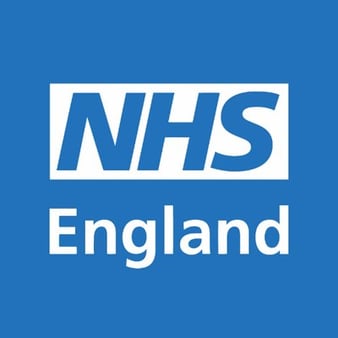A good digital social care record system should be able to fulfil the processes required to manage a care service effectively – improving the quality of care provided.

In addition, a good system should be capable of replacing your existing paper process, allowing you to create digital care plans and document care-related activities. Other common features:
Interoperability
At its basic level, interoperability is about getting systems to talk to one another. Interoperability in healthcare enables various healthcare information technology (HIT) to communicate and exchange information.
For example, GP Connect, an NHS Digital managed service, uses standards that enable interoperability between different clinical systems, enabling the secure sharing of patient records across primary care. Person Centred Software has a GP Connect integration, which allows care providers to review the GP records and medical notes of those being supported in real-time.
Below are a few examples of the type of information made available through GP Connect:
- Encounters – e.g. hospital visits
- Active problems and issues – e.g. diagnosis
- Allergies and adverse reactions
- Acute and repeat medication
- Referrals
- Observations – e.g. pulse, oxygen saturation
- Immunisations
Integration with eMAR
It's a good idea to look for a digital social care record system that can integrate health and care services across multiple settings. Another good example of interoperability is eMAR, an electronic medication administration record system that care providers can use to record medication administration in their organisation. Person Centred Software's eMAR system (ATLAS eMAR) has been integrated to give care homes greater flexibility and the freedom to work with their preferred pharmacies. 
ATLAS eMAR improves the medication process's safety, accountability, and efficiency. Care homes using the system will have complete visibility of the eMAR within their daily records and care plans. Combining the platforms ensures critical information is available when needed, helps care home staff understand prescribing and issuing patterns, and minimises errors. The shared platform also strengthens the partnerships between care homes and pharmacies, allowing for better integration and collaboration.
Security and compliance
Care providers' common concerns about their organisation using a digital social care record system are the risk of losing care records and the security of the data hosted by the system.
-1.webp?width=2000&height=1333&name=shutterstock_1097989835%20(1)-1.webp)
A good system will store real-time data in multiple data sets using geo-replication. Geo-replication is a type of data storage replication in which the same data is stored on servers in multiple distant physical locations. So, in case of a large-scale outage or regional disaster, the system can recover the databases quickly. With Person Centred Software's customers storing millions of care records per day, Person Centred Software ensures to deliver a high standard of data security to ensure personal records and sensitive information are kept secure and protected on a robust platform - data security and information governance are taken very seriously, using a number of measures to keep everything secure.
Data analysis
With the right digital social care record system, the information you input into the system can transform how you care for the people in your organisation. You need to look for a system which can analyse collected data, provide your organisation with reports, and flag concerns and risks to help you make informed decisions for your residents.
For example, Person Centred Software, through reporting tools, enables care providers to:
- Extract and analyse incidents
- Trace what actions led up to them
- Prevent future incidents from occurring
- Analyse trends and measure business critical KPIs for a single home or comparatively across a group.





-1.webp?width=2000&height=1333&name=shutterstock_1097989835%20(1)-1.webp)



.webp?width=80&height=80&name=HTD%20Awards%202023%20Badge%20(4).webp)














